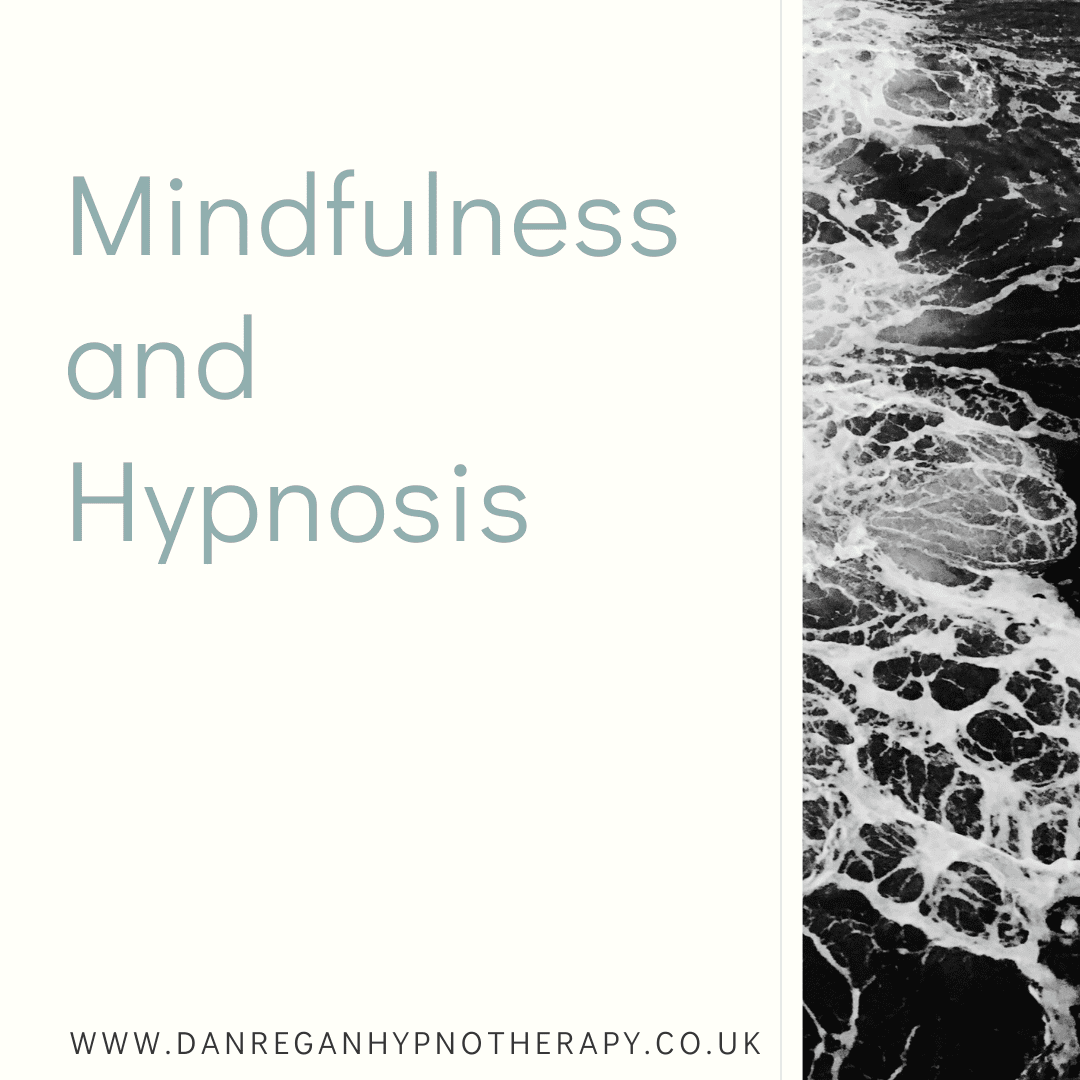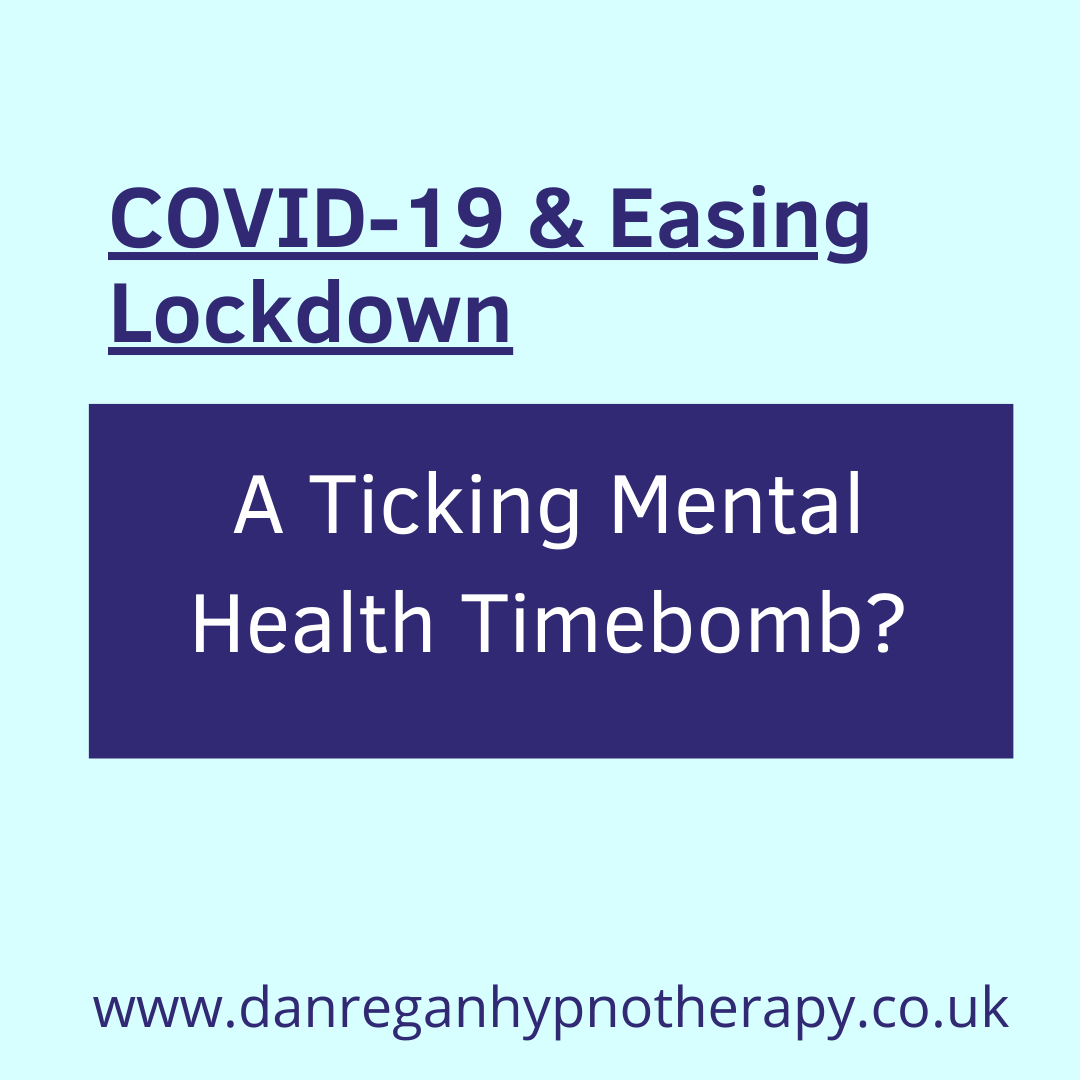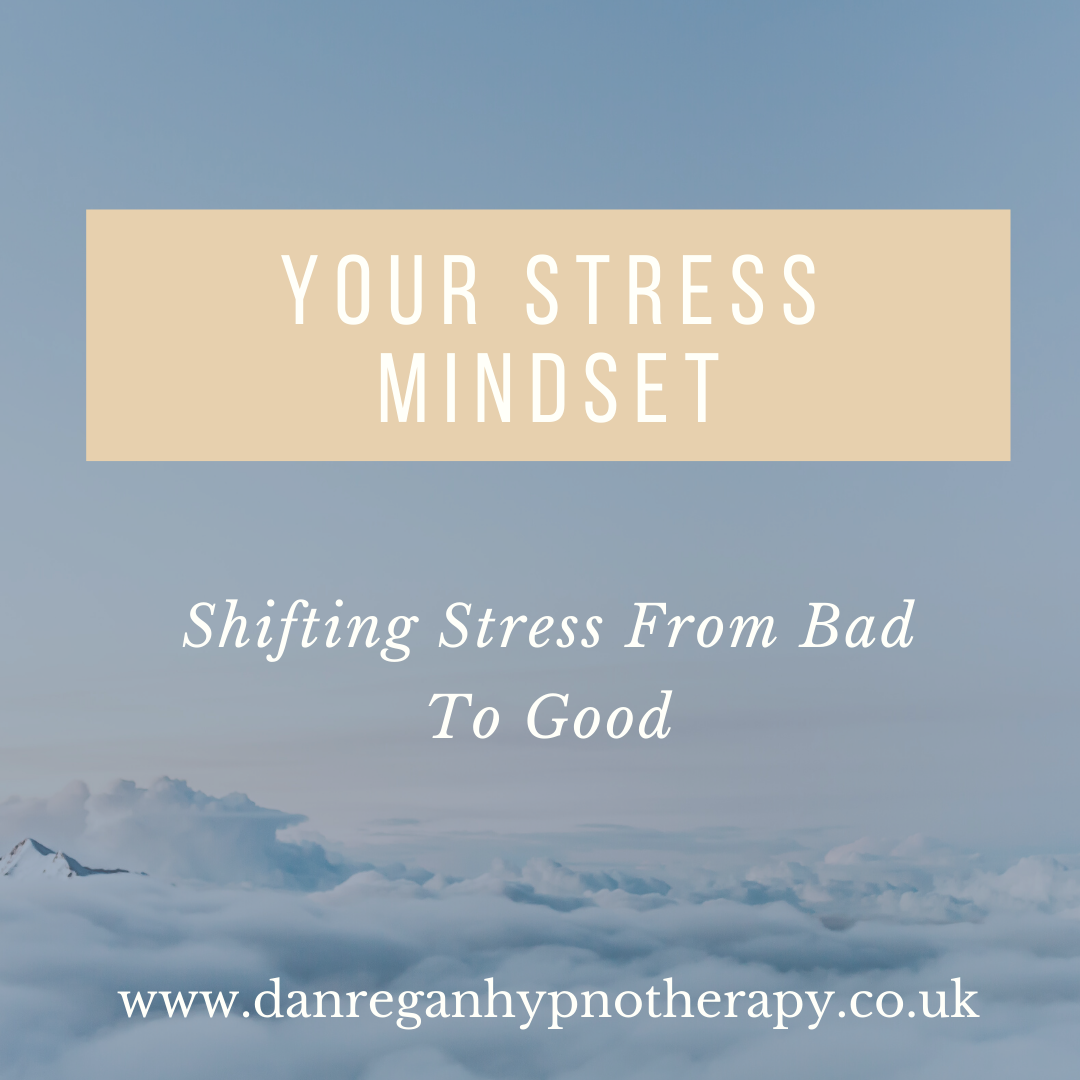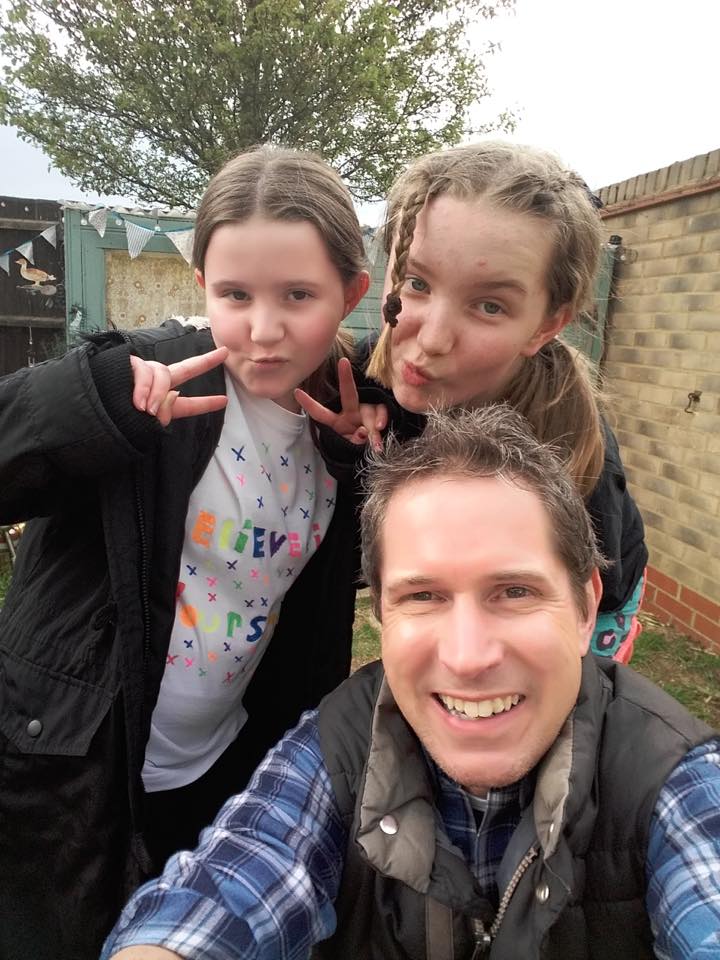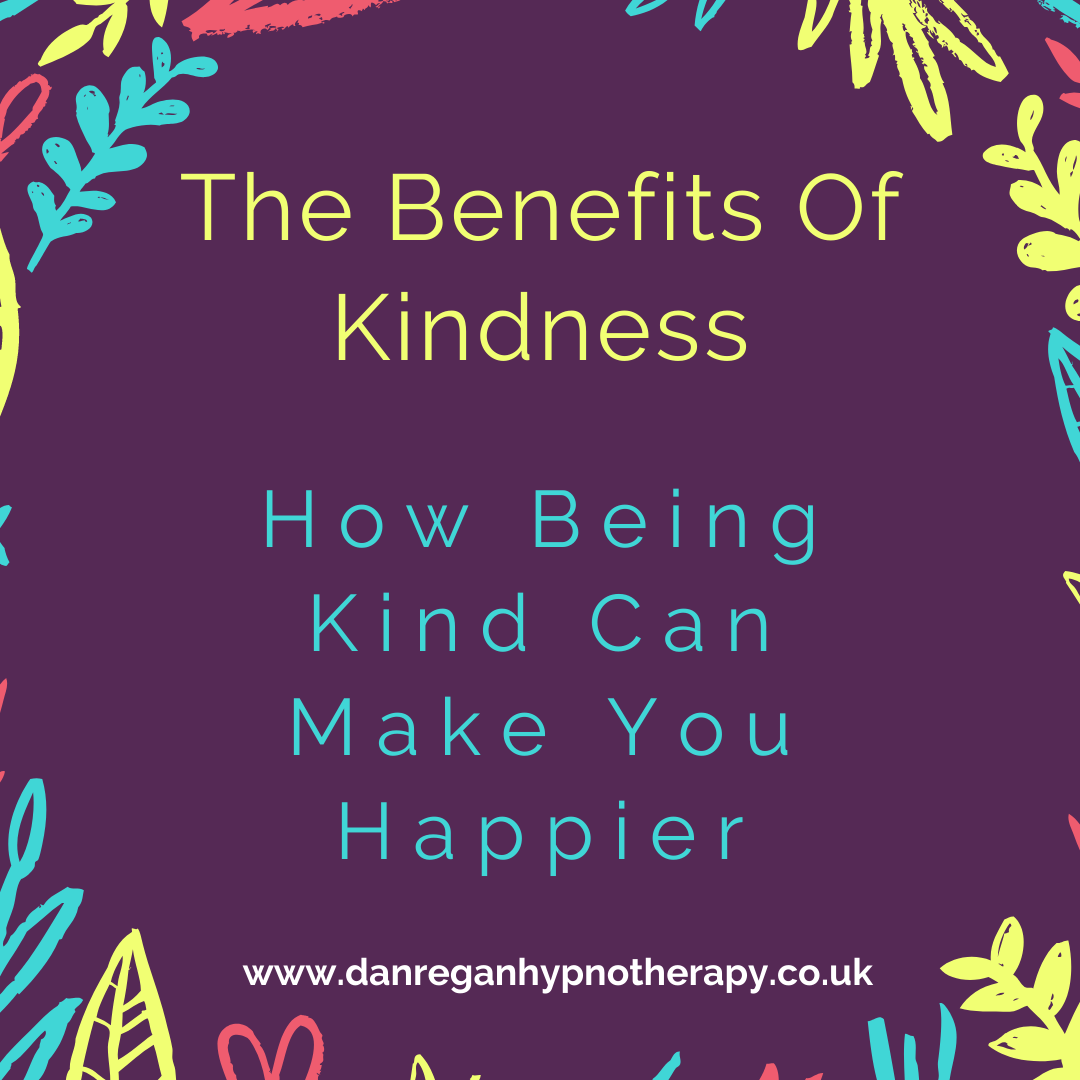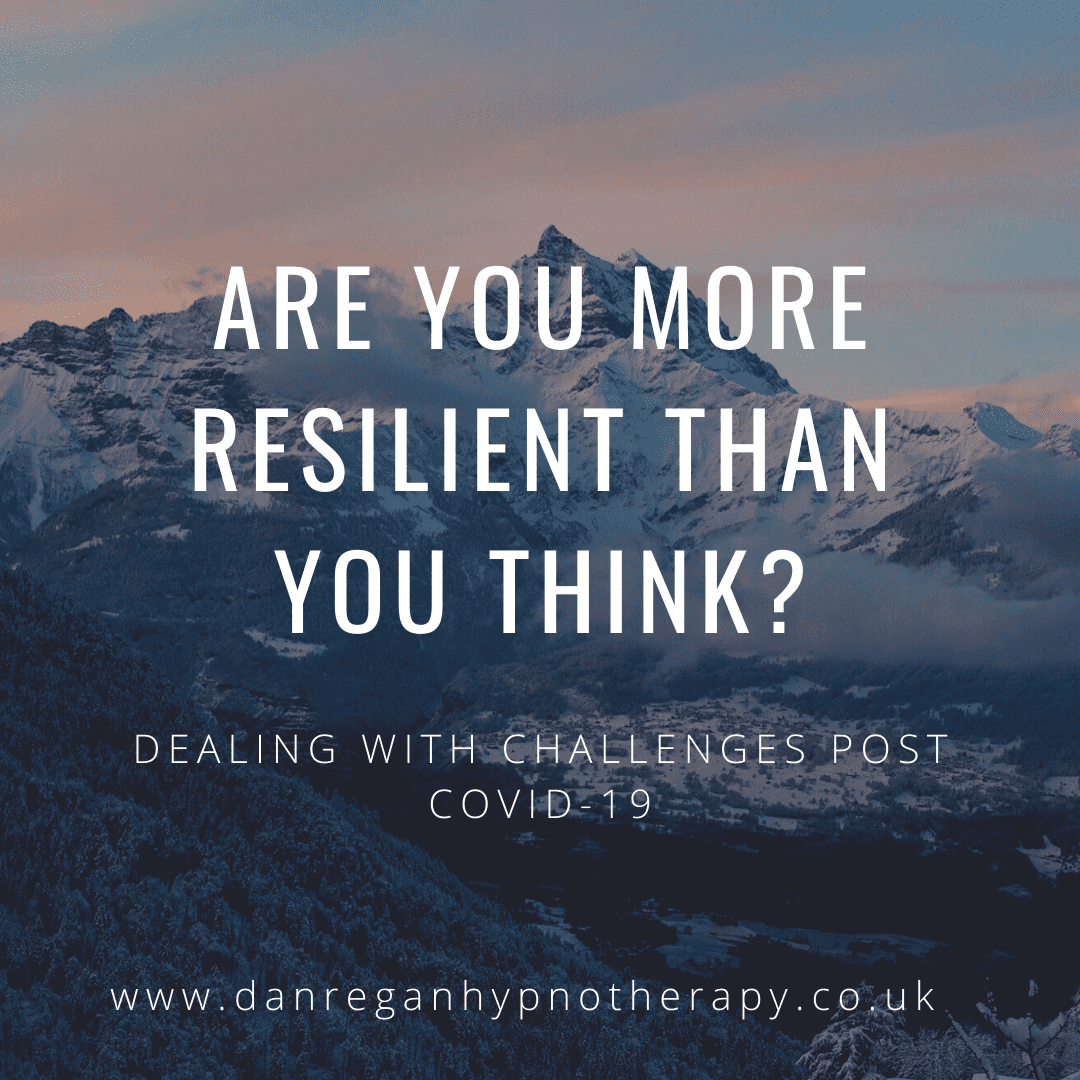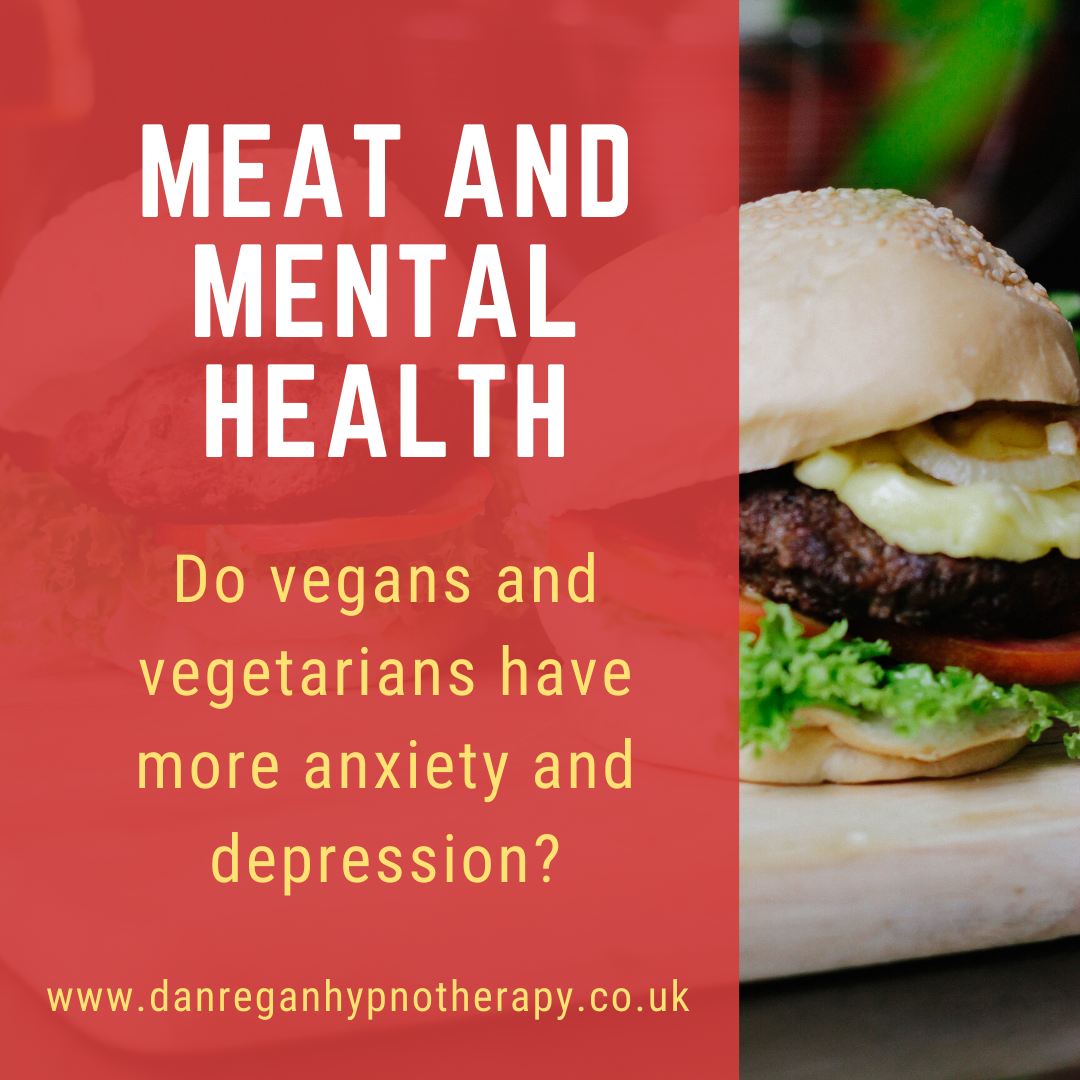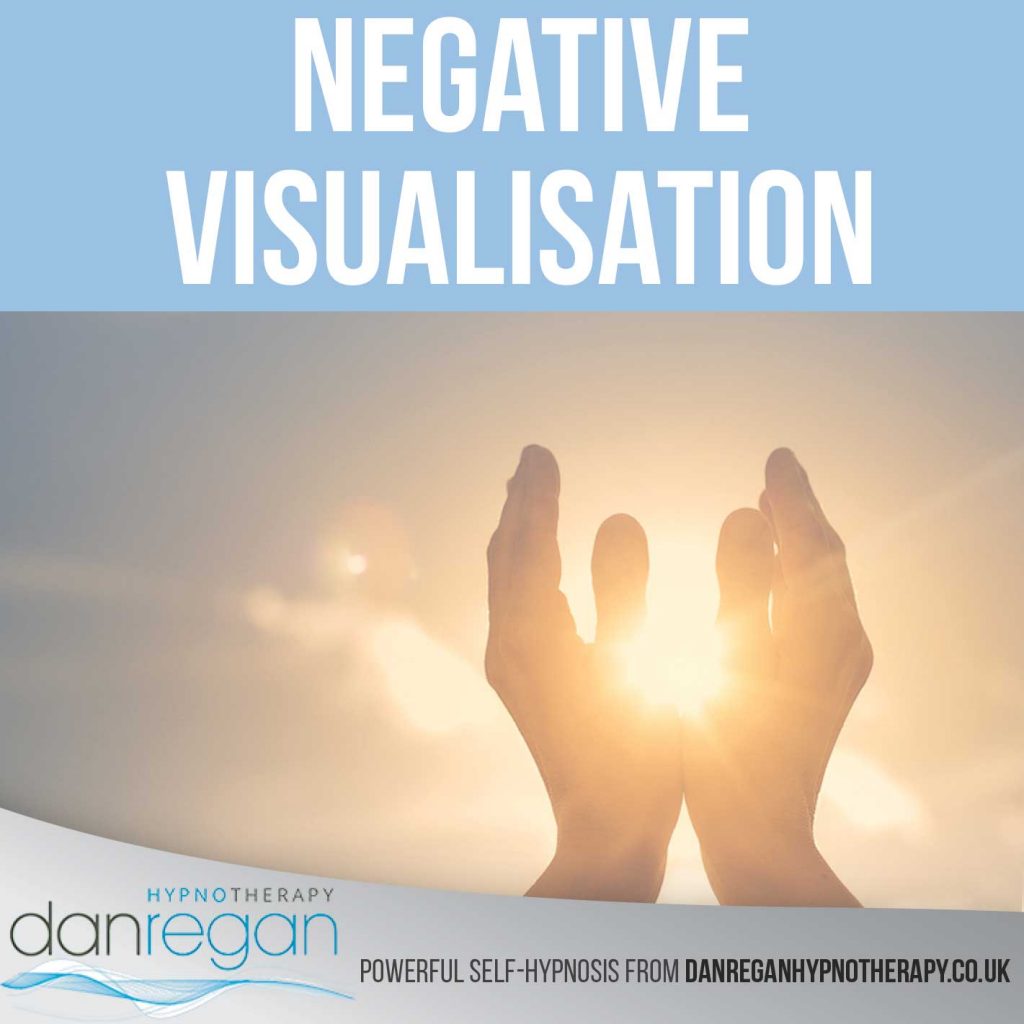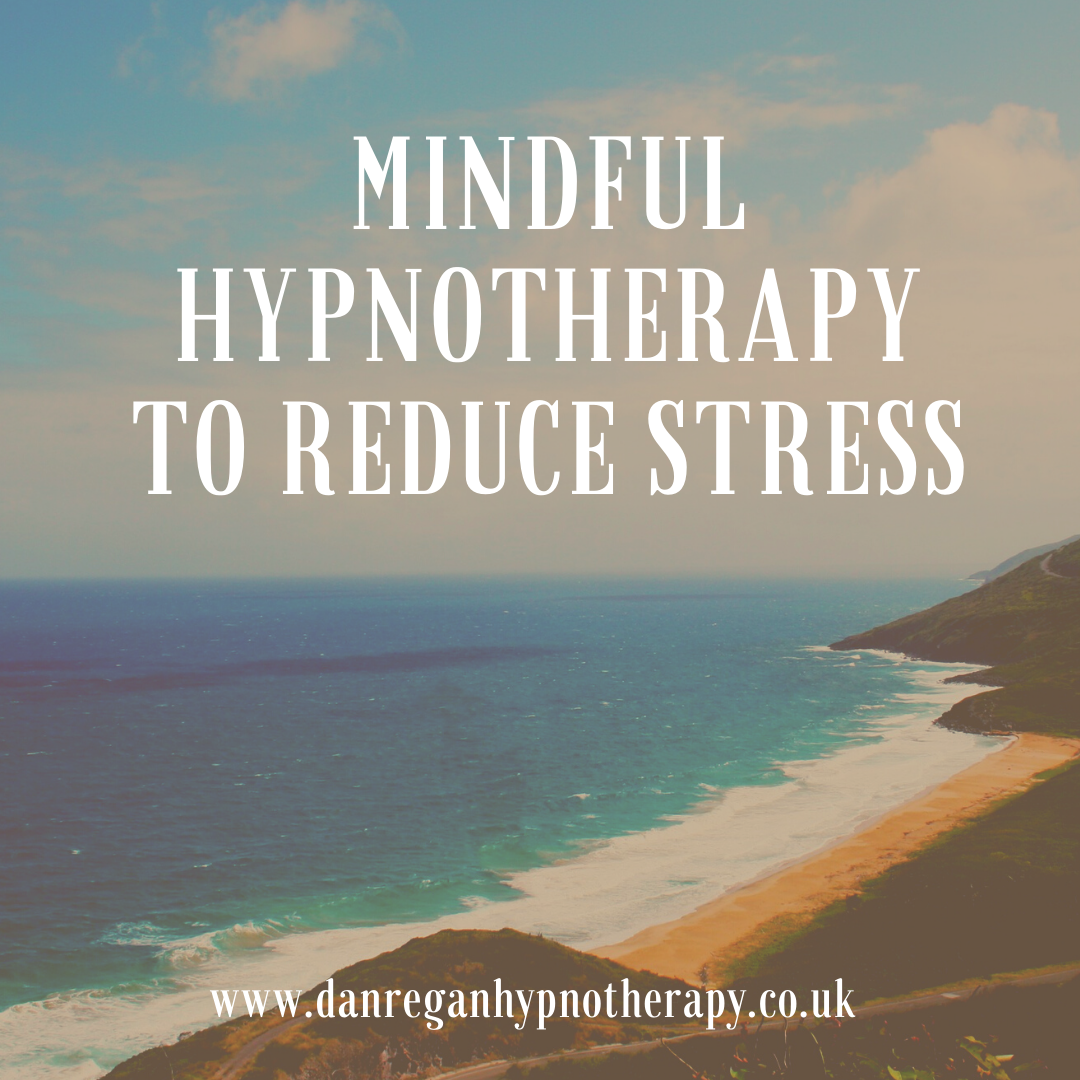Required
Mindfulness and Hypnosis
Mindfulness and Hypnosis
Lockdown is easing and the sun is out. It’s a perfect time to pause and just enjoy the warmth of the sun, the sound of the birds and the blueness of a cloudless sky. Sometimes being present in this very moment is a wonderful thing to experience.
Rather than letting your mind fill with stuff from the past that has already happened, or imagining the future which has yet to happen, it can be beneficial to be in the here and now. This is something that is very much a central element of mindfulness.
Mindfulness, which originates from Buddhist philosophy and practice, can be defined as the non-judgmental, accepting experience of the present, as it unfolds moment by moment. Rather than letting your mind wander or thinking about things that have happened or might happen, mindfulness involves paying attention to present moment experiences. You pay attention to your thoughts, feelings and sensations with an attitude of openness and acceptance.
In recent years, mindfulness has become a major player in the field of mental health, particularly in the field of stress reduction. While often treated as a discreet activity (e.g. mindfulness meditation), you can also be active and doing things with a sense of mindfulness (something I’ve covered before).
With its increasing profile, and with its clear overlap with elements of hypnosis, here in this article I’ve covered the research into mindfulness hypnosis for reducing stress, the benefits of mindfulness and their relationship with each other in therapy.

